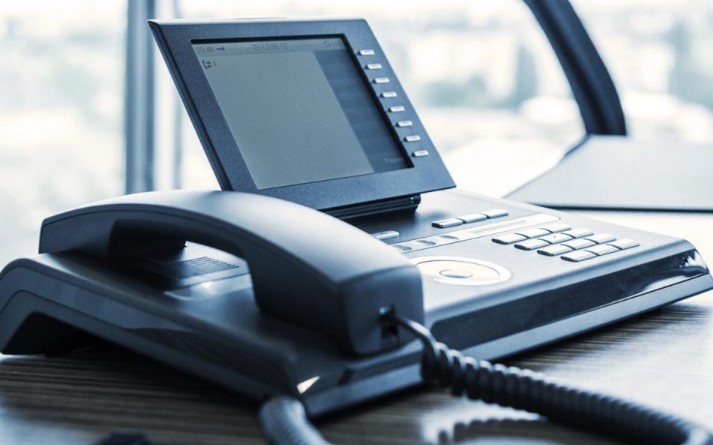
Questions to Ask Yourself to Decide Whether or Not You Need a Phone System
A business phone system is essential for businesses to present a professional image, connect with customers and keep in touch with each other. These systems can include advanced features like unified communications, call conferencing and mobile apps for employees on the go. Small businesses that do not need onsite desk phones may consider a virtual system connecting their main business number to employee mobile devices, with an automated attendant and other advanced features. These systems do not require equipment and typically charge monthly fees.
On-Premise or Cloud-Based?
There are benefits to both on-premise and cloud phone systems. On-premise systems allow your business to control everything onsite, including the hardware. They typically require an IT department to maintain and upgrade the system. Hosted or cloud-based phone systems offer a range of unified communication tools, such as video meetings and instant messaging. They can also be integrated with CRM and other popular business software. To find the right business phone system for your organization, prioritize your company’s important features and functions. For example, do you need a simple VoIP system with basic call management capabilities, or do you want to add features like ring groups and customized on-hold music? A reputable telecom professional can guide you in the right direction on an alternative to landline.
Do I Need a Phone System?
Business phones are more than just a way to make calls; they connect your employees with clients, customers, partners, colleagues and remote staff. The phone solution you choose will impact everything from budgets to team collaboration and productivity, so find a provider that offers transparent pricing, multiple ways to contact customer service and a wide range of extra functionalities like video meetings, instant messaging and unified communications platforms. Traditional landline business systems can be costly, with on-premise PBX equipment that needs to be maintained by an IT team and copper wiring that can be susceptible to outages caused by storms or wire issues. A virtual system may be more appropriate for small businesses working remotely, with a call-forwarding tree that sends calls to employees’ mobile phones instead of office phones.
What Features Do I Need?
The right business phone system features can improve internal communication and team collaboration. It leads to better customer service and increased team productivity. For a small business, this may mean features like an auto attendant and a virtual number that separates business calls from personal ones on mobile devices. For larger companies, it can be a unified communications platform that includes voice calling, video meetings and collaboration tools. Choosing a provider with compliance certifications like Health Insurance Portability and Accountability Act (HIPAA) is important for companies dealing with sensitive data. And for remote staffers, look for a VoIP provider that offers ATAs that turn analog desk phones into IP-enabled ones. These systems can run over the internet and use your existing equipment without additional capital investment.
How Much Do I Want to Spend?
The right business phone system is essential for your company’s customers and employees and can help keep your operations running smoothly. But it’s also important to consider the cost. Many business phone providers offer affordable yearly pricing for service. It often includes a single fee for support, hardware, and software upgrades. Small businesses can often take advantage of free trials or demos from multiple providers to compare prices and features before deciding. Once your system is up and running, ongoing costs can be as low as $20 per month for a PBX or KSU-less system with modern tools like auto-attendant, call monitoring and recording, paging services, and voicemail. These features can help your team work smarter and faster.
How Do I Get a Phone System?
Depending on your business needs, there are multiple ways to get a business phone system. Some providers offer cloud-based solutions that work with any device and can scale on month-to-month bundled payments. Others sell or lease hardware, including IP phones and analog telephone adapters (ATAs) that convert existing desk phones into VoIP-compatible phones. A virtual phone system may be enough for very small businesses that can get by using mobile devices. These systems connect a single business number to employees’ mobile phones, routing calls based on availability and location. Your business needs will change over time, and you want to be sure your solution can evolve with you. Also, look for a provider with excellent customer support and a strong satisfaction guarantee.
